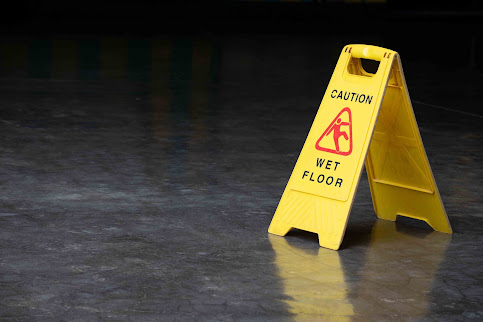With joy you will draw water from the fountains of salvation (Is.12.3).
This is a PSA for anyone who attended the Easter Vigil last night at St. Matthew Cathedral. I was one of the cantors, and I got to sing four of the seven Psalms.
Maybe you noticed during the second reading that I kept leaning over to my left. Maybe you noticed that I left the sanctuary during the fourth reading and came back during the fifth with a fistful of paper towels. Maybe you noticed that I was a bit distracted as I intoned the fifth and seventh Psalms.
Here's the deal (or "tea," as they say), not that you care: As I sat down after the first Psalm, my alb knocked over my uncapped water bottle, and a sea of Kroger-brand purified H2O suddenly materialized on the marble floor.
Damn. I was sitting up in front of a fairly full house. It was pitch black except for the reader's lamp, and the lectern was right in front of me, so all eyes were fixed in our direction. For liturgical decorum's sake, I could've just left the puddle alone, but my nursing conscience kicked in: A pool of water? On a marble floor? And people of varying ages and mobility possibly moving through the area? No way.
So I did the best I could under the circumstances. Sorry if my fussing about was a distraction to you. Sorry to Anna, the sacristan, who had to clean up the mess I left behind. Sorry, too, to Jon, my co-cantor, who was no doubt bewildered by my strange behavior during the solemn liturgy. And I'm sorry if the damp floor resulted, God forbid, in anyone taking a spill (pun intended). I was glad that there were no messages from law firms on our answering machine this a.m.
Finally, I could use this moist anecdote to segue into an Eastery discourse on baptism and its attendant risks – that allowing yourself to be splashed with salvation means peril, suffering, and death to self – but that would be a metaphorical stretch, so I'll skip it. You're welcome.
Happy Easter! Alleluia!
__________________________

